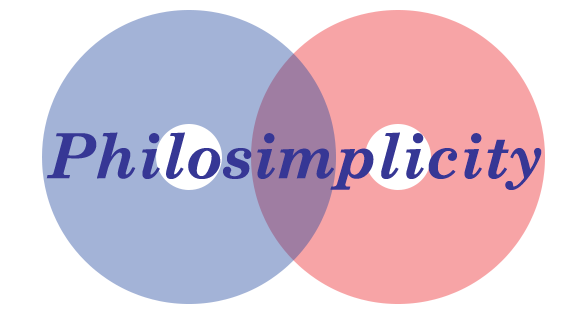Time is something that we keep track of minute to minute, hour to hour, and year to year. But what exactly is it? I thought it’d be fitting to begin the year by discussing the concept of time. This post will briefly discuss definitions of time, and future posts will elaborate further upon the details mentioned here.
When you really start to think about it, time is something so basic and fundamental to our experience that its definition likely seems elusive. That’s often why physicists, who probably spend the most time out of all of us thinking about time, usually define it as “what a clock reads.” Although such an answer seems frivolous and unhelpful, it’s a great starting point given how intuitive and simple it is (to be fair to physicists, time is invoked in many other ways in physics).
The reason this definition is a great starting point is that it tells us time is a measurement which is read from a system known as a clock. We tend to think of clocks as the devices in our homes, computers, and phones that show us the hour but the truth is that these are only one type of clock. Loosely defined, a clock is any mechanism or process that allows for us to keep time or partake in the practice of timekeeping.
The history of timekeeping is the story of humanity’s quest to measure time more precisely through the creation of smaller units of time that were more consistent. It’s very likely that our hunter-gatherer ancestors understood day and night and even the passage of the seasons, but clocks are special in that they usually track time over the course of a single day with the concept of a day itself being a measurement of time derived from Earth’s rotation around its axis. The evolution of the clock – from the sundial (shadow clock) to the water clock to the hourglass (sand clock) to the mechanical clock and beyond – as well as the evolution surrounding the conventions of clock reading, were pivotal to the creation of the specific units of time we use today.
While this is a solid definition, some might consider defining time as a measurement read from clocks unsatisfactory because it doesn’t exactly seem basic enough. What exactly is a clock doing when it reports the time? Well, broadly speaking clocks create basic units of time through the measurement of a consistent and repetitive event. Even our largest units of time – days, months, and years – were created in the same manner with naturally recurring phenomena like the Moon’s rotation around the Earth or the Earth’s rotation around the Sun serving as the events by which we measure time. Modern timekeeping uses the internal resonance frequency of specific atoms to create oscillations which serve as the basis of the seconds from which our other units of time are derived.
It’s from this simpler definition of time that a broader definition may start to become apparent. Time is something which helps us map events that happen in the world. It first provides us with a way of ordering events so that we can refer to something as having occurred in the past or occurring in the present. Time also allows us to know the duration of events so that we can tell how long an event occurred and the amount of time between it and other events. In this regard, time can be thought of as a dimension, much like the dimensions of length, width, and height which help us understand how much space an object takes up and how far away it is from other objects.
Issues related to the ontology of time
These are the most fundamental definitions of time we have, but they perhaps create more questions than they answer. For example, if time is so carefully constructed in by humans, is it even real? If time is indeed real is it a fundamental aspect of the universe or an aspect that emerges from even more basic aspects? Also, if time is a dimension like length, width, and height is it represented in the same manner? That is, would some hypothetical 4th-dimensional being be capable of seeing time represented in a manner similar to how we see length, width, and height? And if time is always relative to some recurring event like the rotation of the Earth around the Sun does that mean that time doesn’t exist in an absolute sense across the universe? Some of these questions, like the last one, have already been answered by physics, but a few of them, especially the more conceptual ones are part of an ongoing investigation involving both physics and ontology.
Although we have many questions about time’s properties, perhaps the biggest question is what properties of time, if any, are intrinsic to it and which emerge from our perception. To illustrate this issue consider that time seems to “move forward” and consists of a past, present, and future but understanding why has been difficult. It’s possible that our understanding of how we should conceive of time will influence how we should look at issues like free will and determinism, time travel, cause, effect, change, and even identity.
Aside from the broad range of issues that emerge from time’s properties, time has philosophical implications directly relevant to how we live our lives. There are segments of philosophy and political economy devoted to understanding the role the development of timekeeping played in helping to develop complex societies and how it influences the way we make decisions. My hope is that in future posts we can look at all of these various aspects of time in greater detail.


1 Comment